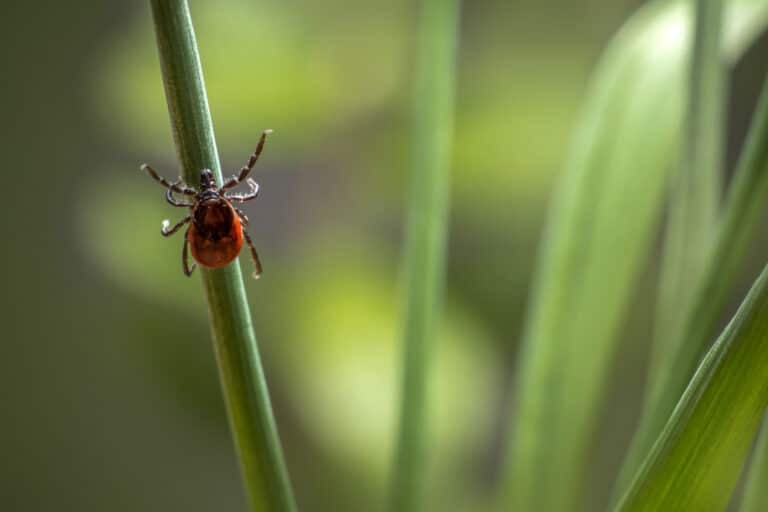A young black bear cub received the second-ever blood transfusion at Tennessee College of Veterinary Medicine in Knoxville.
The cub was found by a local resident in Bristol, Tennessee and reported to the Tennessee Wildlife Resources Agency. The agency’s protocol for bear cubs is to observe the bear for 36 hours, thereby ensuring that it is actually an orphan and not merely left alone by its mother for a short while. If the mother is confirmed dead or absent, and the cub is estimated to be fewer than 30 pounds, the TWRA policy is to capture the bear.
After 36 hours, the lone bear cub in question was found lying next to a stream and was caught without the use of any tranquilizers. The bear was then transported to the Tennessee College of Veterinary Medicine where it received the name Summitt after the famed University of Tennessee women’s basketball team, Pat Summitt.
Veterinarians sedated Summitt and underwent a physical exam of the yearling. Blood tests showed the 23-pound cub was severely anemic, with a red blood cell concentration of 6 percent instead of the average 35 to 45 percent, and was in desperate need of a blood transfusion.
The veterinarians contacted the curators of the bear habitat at the Knoxville Zoo in search for healthy bear blood. Vets at the zoo sent over 300 milliliters of blood from a healthy black bear. Whenever a blood transfusion is preformed on an animal, there is always the risk for the animal’s body to attack the new cells, so the veterinarians kept a close watch on the cub’s vitals. Summitt made it through the transfusion and is adapting to life at the cub nursery at the Appalachian Bear Rescue in Townsend, Tennessee.
The bear is expected to make a full recovery and could be returned to the wild as early as this summer.








